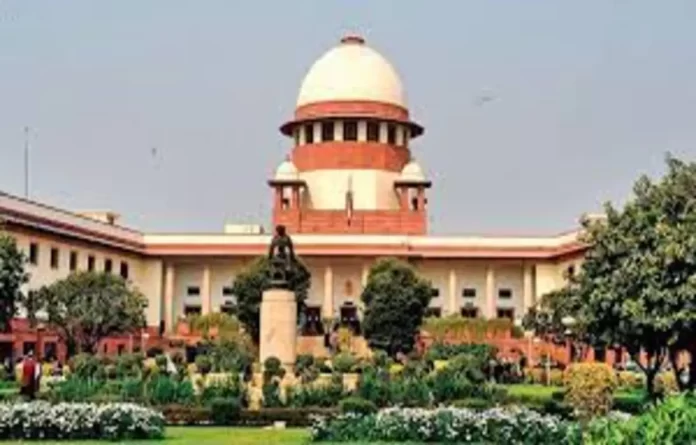The Supreme Court Registrar recently refused to receive the application filed by the Centre seeking clarification of the 2012 judgment in the 2G Spectrum case. The central government sought a clarification that the verdict does not bar the allocation of spectrum through means other than public auction in certain situations.
Mentioning that the application was in effect seeking a review of the 2012 verdict in the guise of seeking clarification, the Registrar dismissed it by terming it misconceived. The Registrar further stated that the application does not disclose any reasonable cause for being entertained and refused to receive it as per the provisions of Order XV Rule 5 of the Supreme Court Rules, 2013.
According to the provision, the registrar may refuse to receive a petition on the ground that it discloses no reasonable cause or is frivolous or contains scandalous matter, but the petitioner may within fifteen days of the making of such order, appeal by way of motion, from such refusal to the Court. Hence, the Centre has the remedy of appealing to the Court against the Registrar’s order.
The top court Registrar also noted that the time gap of nearly 12 years in filing the Miscellaneous Application. It mentioned that the Union Government itself had withdrawn the review petition filed against the verdict on May 10, 2012.
The registrar said that the applicant is again attempting to obtain rehearing of the matter in open court after a long lapse of time, in the guise of filing the present application with a similar prayer which was already made in the review petition filed by the applicant.
In the 2G case judgment delivered in February 2012, the apex court set aside the first-come-first-served (FCFS) basis for the assignment of 2G spectrum. The top court also observed that public auction should be the preferred method for the allocation of public resources like spectrum.
The Centre, in the application, sought exemption from the auction for non-commercial purposes in order to discharge sovereign and public interest functions including security, safety, disaster etc. It mentioned that such non-commercial use would squarely fall within the scope of subserving the common good.
Furthermore, it mentioned that in certain situations, economics does not favour auctioning but rather assignment, particularly when demand is lower than supply. The Centre stated that spectrum is being allotted administratively, at administratively determined prices. Nonetheless, in view of the CPIL judgment, these assignments are made on the condition that it is interim and provisional.
Therefore, the Union therefore sought clarification that the government may consider the assignment of spectrum through administrative process if so determined through due process in accordance with law, and if such assignment is in pursuit of governmental functions, or public interest so requires, or auction may not be preferred due to technical or economic reasons.


